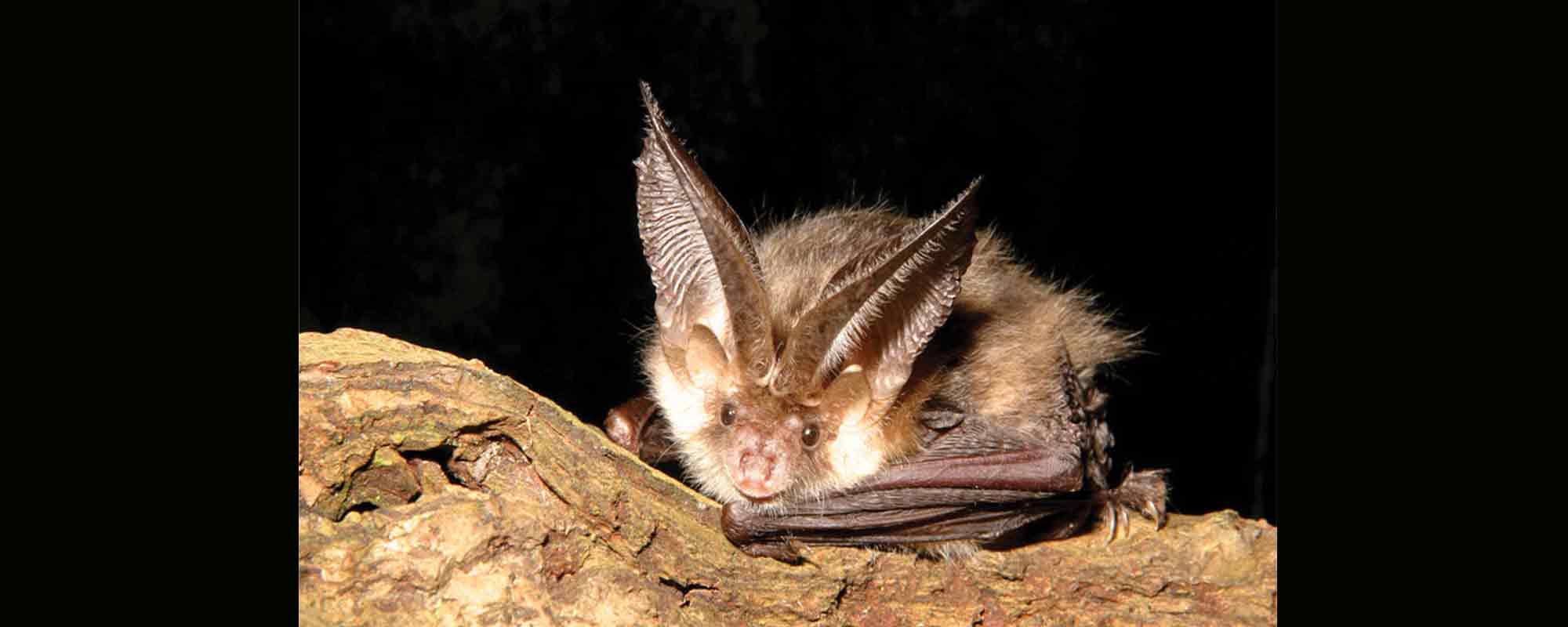Sonar for navigation was implemented after the Titanic disaster in 1912. Bats have used this remarkable technique for the past 50 million years. These nocturnal animals emit ultrasonic signals and analyse the returning echoes to avoid obstacles or predators and find their prey. For humans, studying bats means long hours in the night spent tracking their movements or capturing them with nets. To avoid some of the bat research difficulties, conservation researchers identify and study bats by eavesdropping on the ultrasonic sounds they emit.
Clare Marie Mifsud (supervised by Dr Adriana Vella) has now studied bats in Malta, linking specific sound patterns to specific bat species and their behaviour. Bats can be identified using acoustic detection because they all use different frequency patterns to suit their needs. The analyses can be used for further research and conservation monitoring of local bats.
Her study encompasses 38 research survey sites spread all over the Maltese Islands. Two bat detectors (a heterodyne and a real-time expansion detector) are used simultaneously to instantly identify and analyse the species. Nine different bat species are already confirmed to inhabit the Maltese Islands till now.
Three species (Rhinolophus hipposideros, Myotis punicus, and Plecotus austriacus) were recorded a few times (2% of survey time), since they use low intensity echolocation signals. Other bat species (Hypsugo savii, Pipistrellus pipistrellus, Pipistrellus kuhlii, and Pipistrellus pygmaeus) were detected more often (92% of survey time). All Maltese bats feed on insects and are found to spend most of their time in valleys, followed by other habitats, including cliffs, woodlands, agricultural land, shrublands and urban settlements. Valley biodiversity is important for local bat survival and needs to be preserved.
Through the use of bat acoustic detection systems and signal analyses, this detailed research provides the first important set of data of its kind for all bat species detected in the Maltese Islands. This complements other bat research, which has been ongoing since 1998 by the Conservation Biology Research Group (University of Malta). They have been involved in different bat studies, including the ecology and genetics of local bat populations. These research efforts aim at reversing the trend of decreasing bat numbers. Mifsud’s research paves the way towards developing another effective long-term monitoring tool for the conservation of bats in Malta.
This research is part of an M.Sc. in Biology at the Faculty of Science. BICREF (The Biological Conservation Research Foundation) provided voluntary assistance during fieldwork. The research was partially funded by the Strategic Educational Pathways Scholarship (Malta). This Scholarship is part-financed by the European Union – European Social Fund (ESF) under Operational Programme II – Cohesion Policy 2007-2013, ‘Empowering People for More Jobs and a Better Quality Of Life’.





Comments are closed for this article!